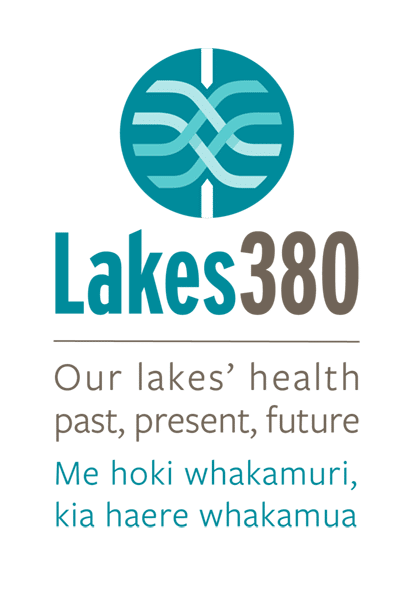Public Science Talk
Event description
Discover the secrets of historical biodiversity! Join our upcoming talk where Cawthron molecular ecologist Georgia Thomson-Laing – a former Nelson College for Girls student who has recently completed her PhD in Environmental Science at Victoria University - will share her research on exploring environmental DNA. Gain valuable insights on different species, from fish to birds, and learn how eDNA can assist our understanding of the past.

Synopsis
‘Our lakes’ health; past, present, future (www.lakes380.com) was a national scale project that set out to characterise the current and historical health of our lakes. To achieve this the team collected sediment cores from over 300 lakes across Aotearoa New Zealand. Lake sediments are natural archives that continuously record environmental history, providing measures of historical changes in the lake and surrounding landscape. Until recently, methods for reconstructing biological communities from sediment cores have been limited to taxa that leave microfossils or biomarkers in the sediment (e.g., algae, pollen). The advent of environmental DNA (eDNA) enables the composition of soft-celled, micro, and macro-organisms in sediment cores to be investigated. Georgia's recent PhD research focused on understanding the impact of human stressors on native fish communities in lakes across a disturbance timeline from pre-human settlement to intensive agriculture. The initial focus was on aquatic organisms, but her research discovered that information on terrestrial organisms, such as birds, is archived in the sediment cores. These results highlight the power and potential of using sediment eDNA to understand ecological changes in our lakes’ histories.
Presenter Bio
Georgia is a Molecular Ecologist working in our Molecular and Algal Ecology group at Cawthron. Her primary focus is using environmental DNA (eDNA) to better understand freshwater environments, particularly lakes. Georgia uses eDNA to gain insights into how key taonga species (e.g., tuna, kōkopu and kākahi) and biological communities (e.g., bacteria and algae) in lakes respond to external stressors such as land-use intensification and climate-induced extreme weather events. Georgia works on various ecological projects, developing and applying molecular tools to characterise biological communities in diverse ways, such as assessing biodiversity and detecting rare native or invasive species. She also has a background in fish physiology, studying the hormonal changes associated with the reproductive cycle of tuna from Aotearoa New Zealand. She is passionate about freshwater science, management and restoration, and is dedicated to advancing these fields in Aotearoa New Zealand.
A short Q&A session will follow Georgia's presentation. The event will formally conclude at 6.30pm but guests are invited to remain for informal networking over tea/coffee afterwards if they wish.
Disclaimer: All registered participants will be added to the Friends of Cawthron email list. You can unsubscribe from these emails at any time.
Tickets for good, not greed Humanitix dedicates 100% of profits from booking fees to charity


